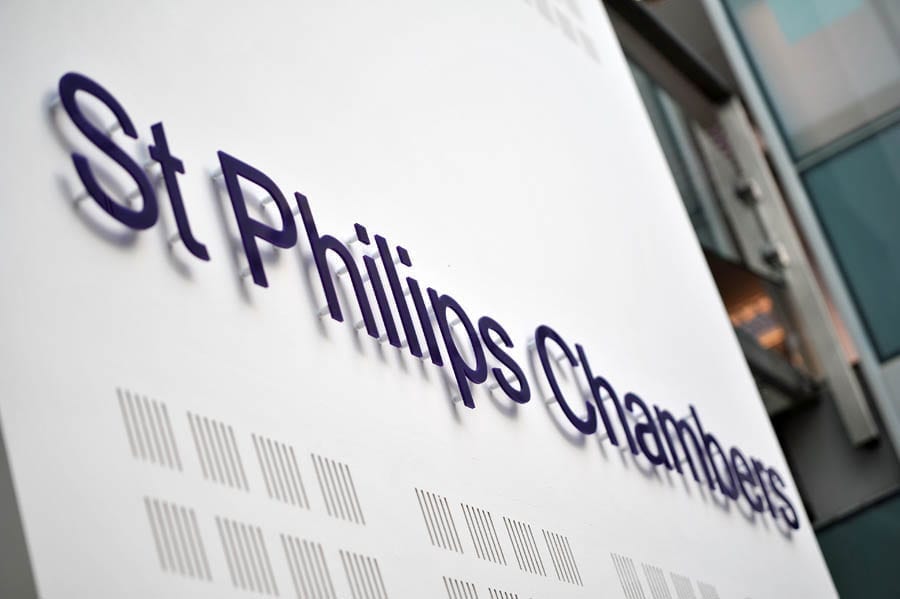IMPORTANT INFORMATION
(revised 18 May 2020)
Please note that guidance and advice issued nationally can be found at the following address
https://www.judiciary.uk/coronavirus-covid-19-advice-and-guidance/?utm_medium=email&utm_source
This local guidance provides some general information about cases proceeding at Birmingham High Court (Queen’s Bench Division) and Birmingham County Court. It does not apply to proceedings in the Business and Property Courts, the Administrative Court or the Upper Tribunal.
The revision of this guidance follows the recent statement from HM Government and the increased availability of staff and equipment. The safety of all who use the Courts remains the priority. The Court is “open” but is only dealing with cases in person if they are urgent and cannot be heard remotely. The Court is making plans for the resumption of in person hearings in other classes of case which are not suitable for remote hearing.
The following is a guide to the general approach the court is taking, but it does not deal with every kind of case or with every situation. If your case does not fall into one of the categories of work described below, the Court will still be considering how it is to proceed, and will give directions accordingly.
- Multi track trials
Multi Track trials remain listed and are being individually triaged by a Circuit Judge. How they are to be heard will be considered by the Court and the parties at the Pre Trial Review. If no Pre Trial Review has been listed, or the parties do not apply for one, the Court will list a 1 hour hearing approximately 14 days before the date of the trial to consider such matters. If requested by the parties, the Court will be prepared to conduct a Neutral Evaluation/FDR exercise at the Pre Trial Review.
- Trials of Fast Track cases
Fast Track trials listed in April and May were vacated. It is intended to return to hearing Fast Track trials remotely from 1 June 2020, and it may be possible to bring that date forward for some cases where trials have been vacated. The Court will contact parties to make inquiries as to effectiveness, and as to whether the trial can be heard remotely. The Court will give particular consideration to cases where the parties have made representations as to mode of trial in response to orders made vacating earlier trial dates.
- Trials of Fast Track cases from 1 June 2020
These trials remain in the list and the Court will try them by video. The parties should ensure that any negotiations towards settlement are conducted sooner rather than later, and that the Court is informed as soon as a case settles.
The Court will contact the parties by telephone to confirm that the trial is effective approximately 7 days before the date fixed for trial. You will be asked to confirm that the case is suitable for a video hearing, and if not to identify why that is. The case will then be considered by a Judge.
You will also be asked to provide contact details (telephone and email) for all those who will be attending the trial.
The trial bundle should be delivered to the Court no later than 5 days before the trial date in both hard copy, and in electronic form.
The hearing will be conducted remotely by video. You will be provided with the relevant instructions by the Court and/or the video provider.
- Trials of Small Claims
The Court is reviewing how to deal with these cases.
The parties are encouraged to attempt to settle these claims. It is intended to make greater use of the Court’s power to stay suitable cases so that the parties can engage in mediation. The Court provides a free Mediation Service.
The parties are encouraged to consider whether their claims require an oral hearing, or whether they can be dealt with by a Judge on the basis of written representations pursuant to CPR Part 27.10.
If the Court is able to try your case remotely, the Court will contact you. If your case cannot be heard, the Court will send you an order vacating the trial. That order provides an opportunity for you to make written representations about how your case might be heard in the future. possible.
It is proposed to begin remote hearings of Stage 3 assessments and other types of case which do not involve hearing oral evidence as soon as possible.
- Applications
The Court is dealing with urgent applications in accordance with national guidance. It is also hearing much of the interlocutory work which would otherwise be listed.
A Judge will review your application and decide how it should be heard (the usual order is for a telephone hearing by BT Meet Me). Please be aware that the Judge may decide that your application is not one which can or should be heard at this time and adjourn it, or list it for hearing at some point in the future. You will receive an order from the Court telling you what that decision is.
- Possession Hearings
Your attention is drawn to the Practice Direction 51Z of the Civil Procedure Rules which came into force on 27 March 2020. This gives effect to HM Government’s decision to stay proceedings for, and to enforce, possession for a period of 90 days.
The Court is planning for the resumption of possession hearings after the lifting of this stay.
- Evictions
Court Bailiffs are not undertaking evictions at the present time.
- Appeals
Appeals are being dealt with on paper and remotely.
- Costs
Assessments and other costs work is being dealt with on paper and remotely.
- Audio/Video hearings
If your case is listed for an audio or video hearing, you will be asked to provide the relevant contact details or (if directed by the court) to make the necessary arrangements for the hearing with the appropriate provider,
These hearings are recorded by the Court. Please note that to make or to attempt to make an unauthorised recording or transmission of such a hearing is a criminal offence; see section 85B of the Courts Act 2003 (as amended by Schedule 25 of the Coronavirus Act 2020).
- Electronic Bundles for hearings
You may be asked to agree an electronic bundle or a core bundle of documents which can be easily emailed to the Judge for a remote hearing. Your cooperation with other parties in the preparation of bundles is very important.
In the interests of simplicity, the County Court and the Queen’s Bench Division now adopts the Guidance for bundles which currently applies in the Business and Property Courts in Birmingham. A copy of the relevant section is set out below. Particular attention is drawn to paragraph 10(a).
Attendance and Bundles
- The parties must liaise and lodge the following JOINT documents, not later than three clear business days before the hearing:
(a) an Index to a joint electronic bundle of documents for the hearing, and
(b) an Index to a joint bundle of authorities.
- The Hearing Attendance Forms and Indices:
(a) must be Word documents in the form of the specimens sent by the court with these directions, and
(b) may be lodged by email
- In relation to the individual documents to be included in the bundles of documents and authorities:
(a) all such documents must be sent to the court by email at the same time as the relevant Index.
(b) if required to comply with size limits, multiple emails may be used, but each email should attach only documents or authorities, not both.
(c) documents may be attached in a zipped file.
(d) each email must include in the subject line “[Case No]: [Documents] Bundle- hearing on [date] before [Judge]”
(e) the individual documents may be retained in their native format (eg Word, pdf or Excel) and with any appropriate file name, BUT each file name must be prefaced with a number corresponding with the relevant Index, eg ” 4 Smith v Jones Defence and Counterclaim.doc“. This is to ensure they display in the same order as the index when saved by the court.
(f) each document should be internally paginated if possible.
- Generally bundles should comply with the relevant court guidelines as to content and organisation into sections. In particular the bundle and index of documents should include any skeletons, case summary, chronology and dramatis personae.
- In order to manage the size of electronic bundles and pre-hearing preparation however:
(a) only those documents essential to the conduct of the hearing in question should be included. For short/single issue applications, the parties should aim for no more than 50 pages. For more substantive hearings (such as PTRs and CCMCs), the parties should aim for no more than 150 pages.
(b) lengthy authorities should be edited to include only the relevant sections. However, if despite liaison parties are unable to agree on the content of either bundle, all documents (or sections) sought by any party should be included, if necessary in an appropriately marked section, rather than filing separate bundles or indices.
- This Guidance is kept under review and will be updated at regular intervals as appropriate.
HHJ Worster; Acting Designated Civil Judge for Birmingham
18 May 2020










